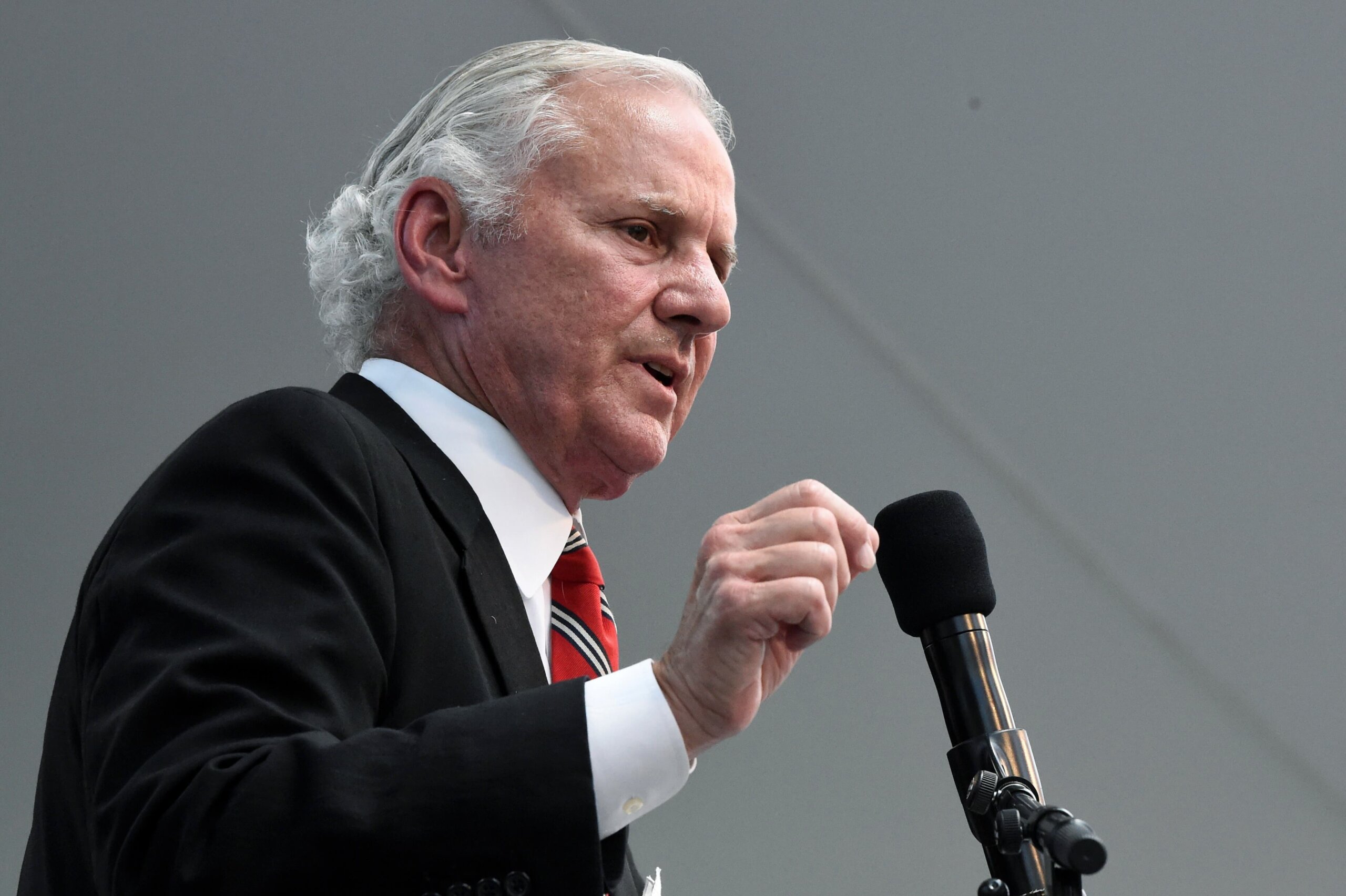South Carolina became the 17th U.S. state to limit trans sports participation after its governor signed a bill taking aim at trans student athletes.
Gov. Henry McMaster signed the “Save Women’s Sports Act” into law on May 16 along with 43 other pieces of legislation. Also known as House Bill 4608, the measure requires students at the K-12 and collegiate levels to compete on their “original birth certificate” as recorded “at or near the time of the student’s birth.” Although many similar proposals put forward in other states apply solely to trans girls, HB 4608 targets trans student athletes of all genders.
Although McMaster did not release a statement at the time of the bill’s signature, the Republican governor tweeted the following day that HB 4608 is “common sense.”
“We have to do everything we can to protect the young men and women in our state who choose to pursue athletic competition, and that’s why I proudly signed this bill into law yesterday,” he wrote in a pair of tweets. “Boys should play boys sports and girls should play girls sports.”
Although previous iterations of the bill failed to pass last year, HB 4608 was approved by both houses of the South Carolina Legislature by wide margins: 30-10 in its Senate and 80-24 in the House. Supporters claimed the legislation was necessary to ensure that sports remains a level playing field for cisgender girls, claiming that they have the potential to lose out on scholarship opportunities to trans athletes.
Just four trans athletes have been approved to play sports by South Carolina’s athletics governing body in recent years, according to the LGBTQ2S+ news outlet Metro Weekly.
“Transgender youth are not a threat to fairness in sports.”
LGBTQ2S+ advocacy groups have been strongly critical of the legislation. In a statement, the Campaign for Southern Equality said that HB 4608 “needlessly stigmatizes young people who are simply trying to navigate their adolescence, make friends and build skills like teamwork and leadership, winning and losing.”
“It pains us to see lawmakers in South Carolina, and now the governor, ignore the voices of thousands of South Carolinians—including parents, medical providers, students, faith leaders and transgender people ourselves—who expressed loudly and clearly that this bill will harm young people in our state,” said Ivy Hill, the organization’s community health program director. “Transgender youth are not a threat to fairness in sports.”
The Human Rights Campaign (HRC) added that HB 4608 is “simply manufactured to further distract and divide us.”
“Transgender people have participated uneventfully in school athletics for decades,” said HRC’s state campaign director, Cathryn Oakley, in a statement. “This bill is not about fairness for women, it’s about attacking a marginalized group that is already bearing the weight of discrimination.”
According to HRC, South Carolina’s trans sports ban is just one of more than 320 bills introduced this year targeting LGBTQ2S+ Americans. The majority of these proposals target sports participation and healthcare for trans youth. In 2022 alone, at least six states have passed laws prohibiting trans student athletes from competing in alignment with their gender identity, including Arizona, Kentucky and Utah.
The next state to join South Carolina could be Louisiana, where House lawmakers advanced legislation nearly identical to the Palmetto State’s bill earlier this week. Senate Bill 44 bars all trans athletes from competing in alignment with their lived identity and allows cis students forced to share the field with a trans player to sue.
On May 17, the Louisiana House voted in favour of SB 44 by a 72-21 margin. Seven House Democrats flipped to join Republicans in passing the measure, according to the local news outlet Louisiana Illuminator. Although the legislation was already approved by the state Senate last month in a 29-6 vote, the House version of the bill must be sent back to the legislature’s upper chambers to resolve minor differences between the two drafts before it is sent to the desk of Gov. John Bel Edwards.
Edwards, a Democrat, is extremely unlikely to sign the bill into law, having vetoed an anti-trans sports ban last year. At the time, he said that limiting sports competition for trans youth “would make life more difficult” for an already vulnerable group and has reiterated those same sentiments in response to SB 44.
“As I have said repeatedly when asked about this bill, discrimination is not a Louisiana value, and this bill was a solution in search of a problem that simply does not exist in Louisiana,” he said in a statement accompanying last year’s veto.
While lawmakers fell just short of overturning Edwards’s veto in 2021, SB 44 passed with veto-proof majorities in both houses of the legislature.


 Why you can trust Xtra
Why you can trust Xtra


